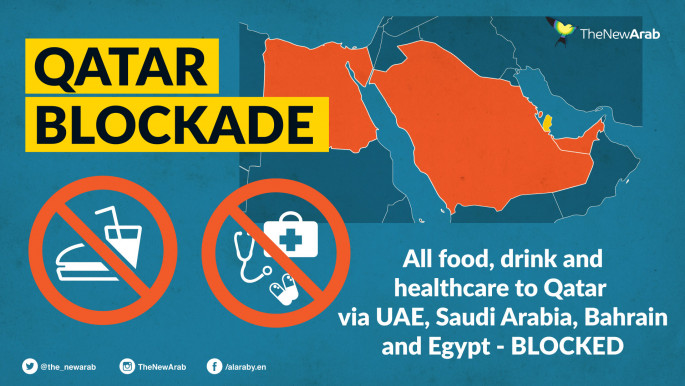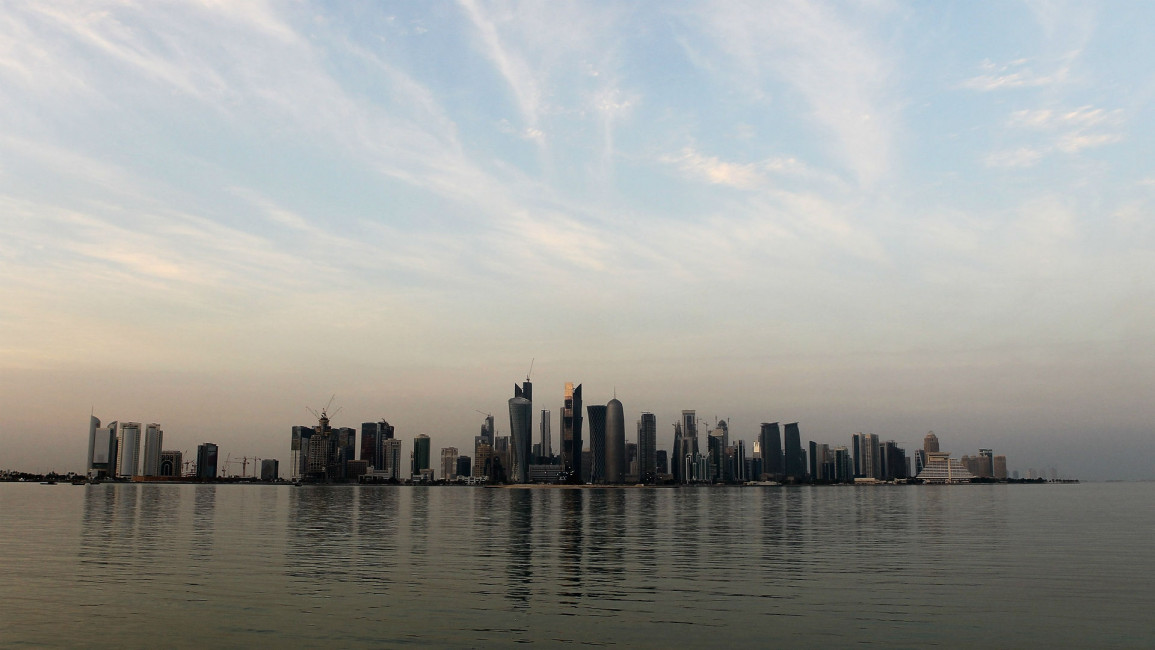Qatar wins ICJ case against UAE as UN rules blockade violated citizens' rights
Judges at the International Court of Justice in The Hague narrowly ruled that the UAE must "ensure that families, which include a Qatari member, separated by the measures adopted by the UAE ... are reunited", and that Qatari students are allowed "to complete their education" in the Emirates.
Qatar filed a case at the International Court of Justice (ICJ) in June, accusing the UAE of human rights violations as a result of the blockade by enacting measures including expelling Qataris and closing UAE airspace and seaports to Qatar.
Qatar claimed the UAE's actions were in violation of the International Convention on the Elimination of All Forms of Racial Discrimination (CERD) - including discrimination on the basis of nationality - of which the UAE and Qatar are both signatories.
Doha had called on the ICJ to order the UAE to comply with its obligations under CERD and restore the rights of Qataris.
Qatar also requested the Abu Dhabi pay reparations, including compensation.
Twitter Post
|
Saudi Arabia, the UAE, Bahrain and Egypt severed ties with Qatar last June over accusations of supporting extremism and being too close to rival Iran, charges Doha has denied.
Qatari nationals living in the UAE were officially given just 14 days to leave the country.
'Repairing the damage'
Qatar welcomed Monday's ruling, with foreign ministry spokesman Ahmed bin Saeed al-Rumaihi, saying in a tweet that his country "was not seeking to escalate the dispute with the Emirates, but to repair the prejudice imposed on its citizens".
The move into the international courts came a year after the severing of ties and imposition of punitive measures, accusing Doha of backing terrorism.
These also included banning Qatar Airways from their airspace and closing the country's only land border with Saudi Arabia.
The UAE had insisted the ICJ had no authority to hear Qatar's case and stressed the situation for Qataris living in the country today is different from a year ago.
"Qatar has failed to provide any evidence of mass expulsions or deportations or any specific actions to interfere in the enjoyment by Qataris of their civil, property or business rights," Saeed Alnowais, the UAE's ambassador to the Netherlands, told the court last month.
He accused Doha of "mounting a public relations campaign against these states that have been most critical of its policies."
The ICJ was set up in 1946 to rule in disputes against states.
Diplomatic efforts have so far proved fruitless in resolving the crisis which has rendered the six-nation Gulf Cooperation Council practically obsolete.
 |
|



